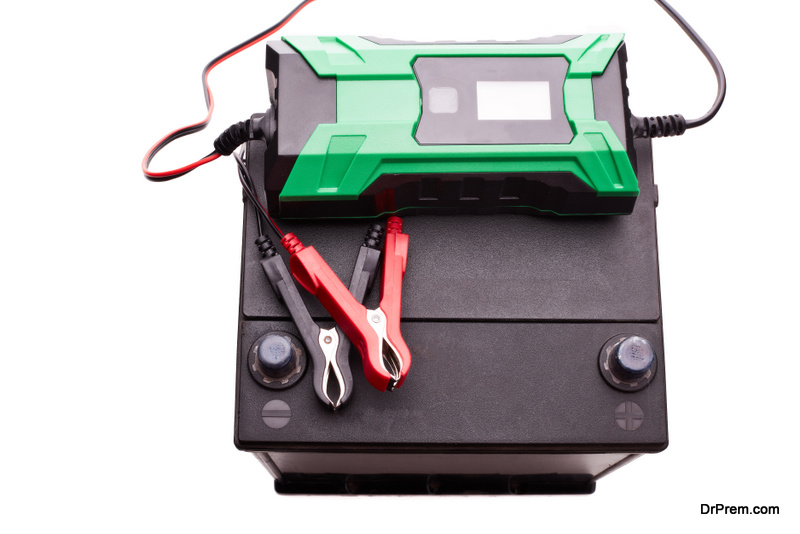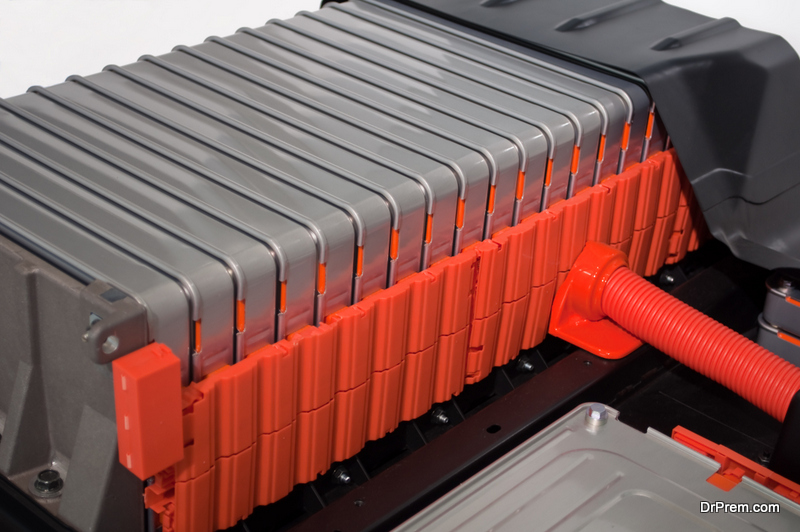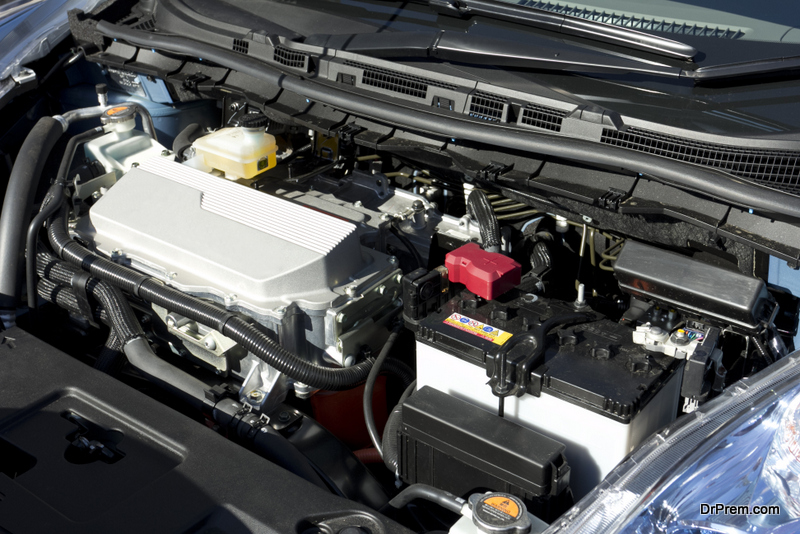EV cars have become more common in the last decade, primarily due to the significant improvements in battery capacity and battery range. The main driving force behind their success is a shift towards more environmentally friendly vehicles and the public’s desire to combat air pollution and reduce greenhouse gases. EV cars can either be in the form of hybrids or vehicles that are propelled by electric motors alone. These types of vehicles have encountered problems in their formative years, mostly due to battery capacity and a lack of charging points.
Battery Monitoring System (BMS)

Almost all EV cars use Lithium-ion batteries primarily due to their high charge density and relatively low weight. However, lithium as an element is unstable, and, as such, lithium-ion batteries are also unstable and need suitable monitoring. In EVs, this is a role performed by the battery monitoring system (BMS). It controls the charging and discharging cycles of the cells in EVs.
An efficient BMS will help to maintain the capacity of the cells after charging cycles as well as assist with improving the performance of the EV’s battery. The BMS does perform several other vital roles, predominantly regarding the conversion of kinetic energy back to electrical energy. However, with the rapid developments within the automobile industry, unfortunately, EV batteries and BMSs have failed to keep pace. It has resulted in a need for high-precision battery tester equipment that can identify losses of capacity and lower performances.
EV Car Battery Testing Equipment
Battery packs in EV cars have a life expectancy of around a decade during which time they will lose approximately 20% of their capacity. Unfortunately, the fact that the batteries are anticipated to last for such a long period means that real-time battery testing is not a viable option. Existing battery automotive test equipment is designed to work in real-life situations, but it isn’t feasible for automobile manufacturers to assess battery performance over the span of ten years. The equipment required is a battery discharge tester, and a green power monitor that can provide crucial information.
Creating Artificial Conditions

A variety of battery test applications are required so that advanced artificial conditions can be created to replicate the life cycle of an EV battery. Extending the range that an EV car can travel on a single charge is a challenge that the entire industry is facing. To overcome this, battery manufacturers and those in the EV car sector need to use a battery discharge tester.
In artificial conditions, the battery can continuously go through the full charging cycle to provide valuable data. Also, the battery can be exposed to different variables and once again, the data produced is essential in allowing developers to extend the range of cells.
The next challenge that is presenting itself to the automotive industry is the loss of capacity after several charging cycles. Modern battery testing equipment is sophisticated and is necessary for conducting continual degradation testing.
Once again, this is something where the battery discharge tester is essential and is particularly useful in artificial conditions. If manufacturers can ascertain reasons for small changes in a cell’s performance, they can make improvements and increase performance. However, to detect the small changes, they require high precision battery tester equipment.
Arbin’s Role
Major car manufacturers such as the Ford Motor Company have been working in conjunction with Arbin for several years. Arbin has a world-renowned reputation for manufacturing high precision battery tester equipment that major manufacturers use to improve performance and reduce costs of cells for electric cars. Gaining accurate information such as the coulombic efficiency (CE) supports the development and helps to create cells that will make electric vehicles more commercially viable.
The Practicalities

Fossil fuels are rapidly diminishing and finding green alternatives is becoming a significant priority for car manufacturers. EVs’ battery capacity and battery life need to be improved to become a viable alternative to conventional cars. Intensive research and high precision battery testing equipment are required to provide reliable data that is accurate to fractions of a unit.
Vehicles must be capable of travelling greater distances on a single charging cycle to make them commercially feasible, with companies such as Ford reluctant to release these vehicles as production cars. Car manufacturers require accurate battery tester equipment that allows them to conduct performance tests to compare cells.
Article Submitted By Community Writer




